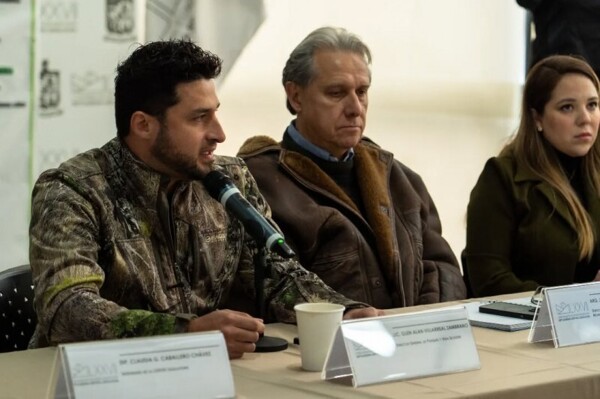
The Evaluation Committees of the Executive, Legislative, and the Electoral Tribunal made mistakes that affected the identification of some candidacies for the judicial elections. These errors were subsequently corrected to allow for the printing of the electoral ballots.
The section on damage to the credibility of the judicial elections involves a confrontation between three magistrates of the Superior Room of the Tribunal and four ministers of the Supreme Court of Justice of the Nation. After corrections were made by the Senate, the National Electoral Institute published the definitive list of candidacies for federal judicial positions that will be voted on June 1st.
The certainty of this election has been called into question due to failures and decisions made by the 4T itself. It remains uncertain whether the electoral institution will be able to inform the citizenry about the candidacies, the voting process, and the counting of votes. Furthermore, there are doubts about whether it will be able to control campaigning for or against the candidacies by public servants and members of Morena.
The 4T is advancing in controlling the Judiciary, with the possibility of having compliant judges, which endangers the separation of powers in Mexican democracy.
The Electoral Tribunal has been closely linked with the 4T in the judicial election and other issues. The litigiousness in these elections seems to have been resolved following a recent ruling by the Court that reaffirmed that the amparo trial does not apply in electoral matters.
A total of 4,224 candidacies will be presented for 881 federal positions in these elections, which are the most controversial organized by the INE. The logistics include the installation of 84,200 voting stations and the printing of approximately 600 million ballots.













